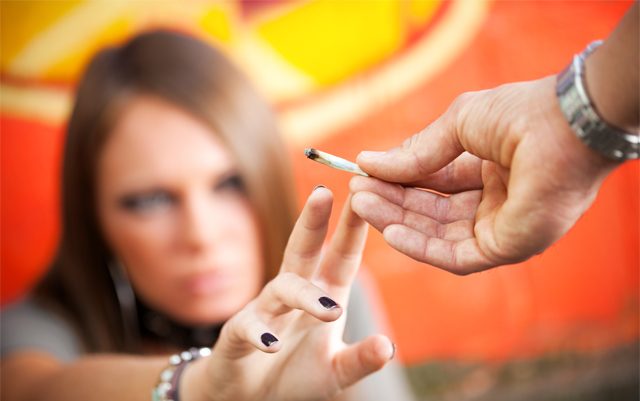A concern to all when cannabis was first legalized in Colorado was whether or not legal marijuana sales would put it in closer reach to children and teens. There have been quite a few studies since then that have proven that legalizing cannabis does not increase the likelihood of teen consumption – however, there have been spikes in emergency room visits and calls to poison control that involve children. This has created somewhat of a media frenzy – but truth be told, there are still more calls to poison control about household cleaners than there are for cannabis.
These issues have led to changes in the industry as far as the way edibles are packaged and the amounts in which they are sold – not only to protect unknowing children, but also inexperienced consumers. However, the fact of the matter is, parents are always going to worry that their teen will get mixed up with drug and alcohol use and many fear that legalization will make teens more likely to try marijuana in the first place.
In order to combat this, Colorado (as well as Washington and Oregon) have started shifting gears on teen marijuana prevention – rather than telling them a bunch of flat-out lies about the substance, they are going for things such as the fact that early cannabis use could result in development issues over the following years. Instead of telling them it’s a demonic substance to stay away from, they are encouraging teens to wait until they are 21 and only try it if they want to, when it is legal for them to do so.
“This campaign is a priority for me,” Gov. John Hickenlooper said in a statement. “Just because marijuana is legal in Colorado doesn’t mean it’s safe for our young people. As a parent, I know conversations like these aren’t always easy, but it’s important for parents, teachers and other trusted adults to share what they know about the legal and health consequences of underage marijuana use.”
The newest campaign in Colorado is what the Department of Health calls “trusted adults” – their goal is to encourage parents, teachers, coaches and mentors of all sorts to stand up and explain to their children why they should stay away from cannabis until they are of legal age. This campaign started soon after a survey revealed that minors are less likely to try cannabis if they have a role model who disapproves of underage use – but not necessarily someone who outright thinks it’s unsafe, unhealthy or anything else.
Hopefully, taking this honest approach to teen marijuana prevention will be successful in reducing the number of teens who report trying it. It’s definitely a step above the D.A.R.E. and other prevention methods of the past (and that are still employed in many states practicing prohibition), going for facts rather than ridiculous propaganda like “weed goggles”. In time, we will know whether or not these approaches make a difference – no matter what, we will probably always have some teens experimenting – half of the appeal to teens when it comes to marijuana, alcohol and other substances is the rebellion of the act, after all.






